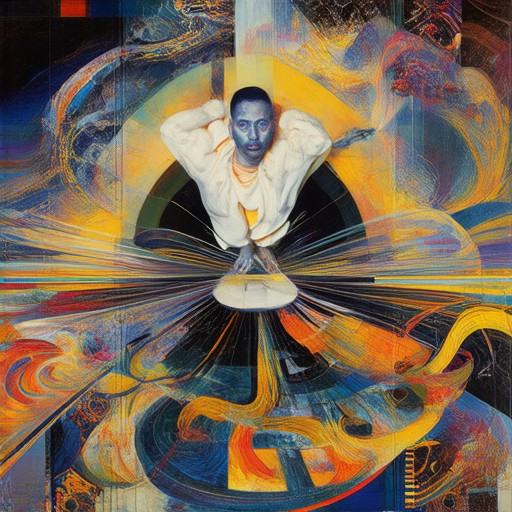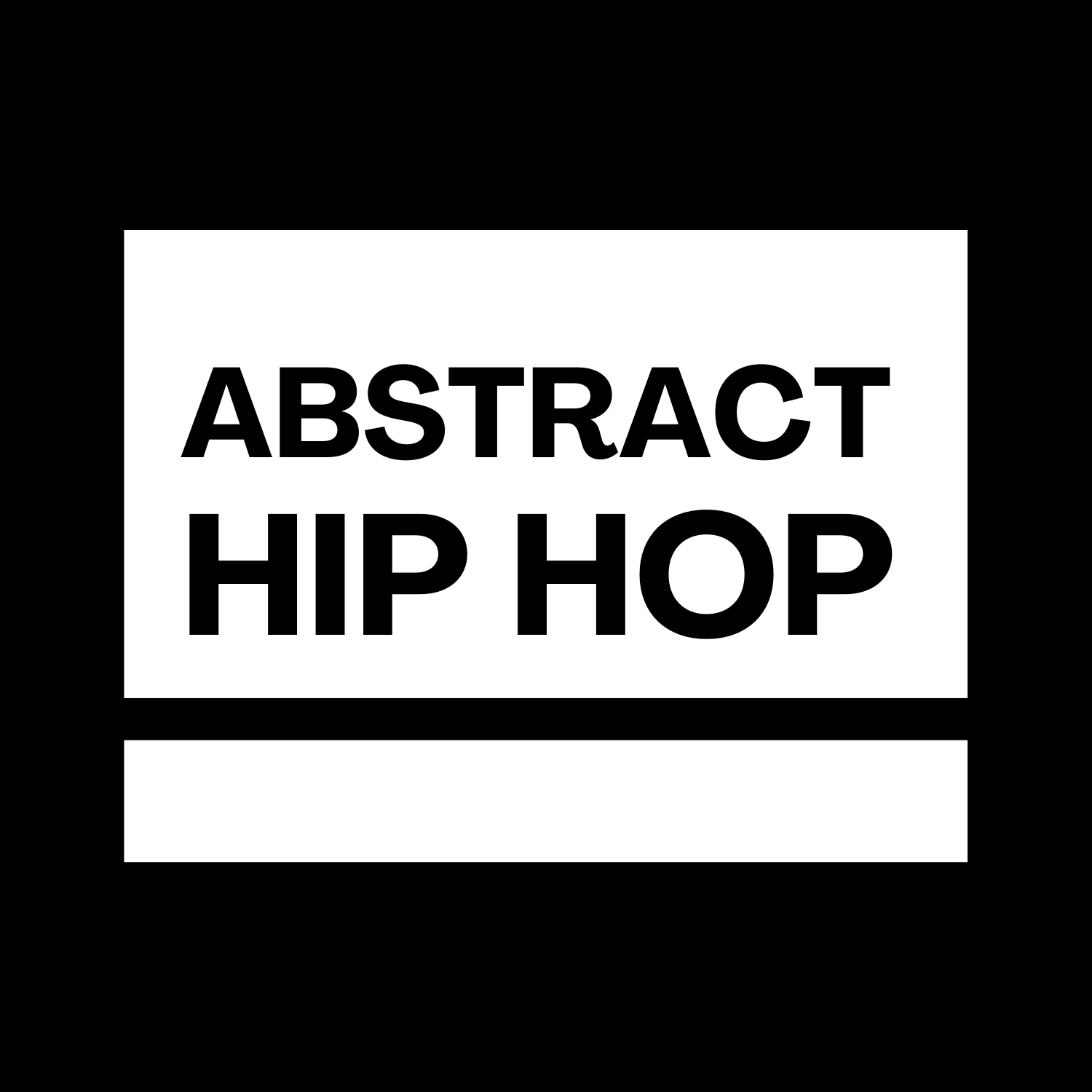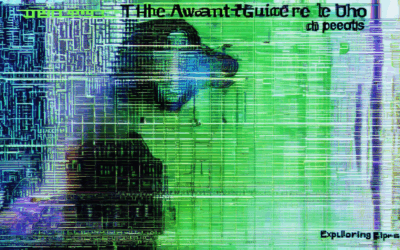In the ever-evolving landscape of music, abstract music reviews serve as a cornerstone for listeners seeking to explore uncharted sonic territories. These reviews not only provide deeper insights into complex compositions but also offer a bridge between artists and audiences, fostering appreciation for innovative soundscapes. As the genre continues to grow, so does the demand for reliable platforms where music enthusiasts can share and discover thought-provoking critiques. This article delves into the top websites and apps that cater to music lovers, offering tools for both casual listeners and seasoned critics to navigate the world of abstract music. From established platforms to emerging digital spaces, we’ll uncover the best resources for diving into abstract music reviews and connecting with like-minded enthusiasts. Whether you’re a newcomer to the genre or a dedicated follower, this guide will equip you with the knowledge and resources to immerse yourself in the unique realm of abstract music.

Best Website for Music Reviews
AllMusic stands out as a premier platform for music reviews, offering detailed critiques across nearly every genre. Their reviews feature both critic ratings and user feedback, providing rich context and insights for music enthusiasts.
Alternatives and Competitors
- Pitchfork: Renowned for in-depth album reviews, particularly in indie and alternative music.
- Metacritic: Aggregates reviews from various sources, offering a comprehensive overview of album reception.
- Stereogum: Focuses on music news, reviews, and features, catering to a broad audience.
- Spin: Known for insightful coverage of music, culture, and entertainment.
Specialized Platforms
- Pitchfork : Specializes in niche genres and offers detailed analysis.
- Stereogum : Provides diverse music coverage with a focus on emerging artists.
- Spin : Offers a mix of music news, reviews, and cultural commentary.
User-Generated Content Resources
- RateMyAgents : A community-driven site for sharing music reviews and recommendations.
- Discogs : A platform for music collectibles and user-generated reviews.
Each platform excels in different aspects, whether it’s comprehensive reviews, niche genre focus, or user-contributed content. Choose based on your specific interests and needs.
What is Considered Abstract Music?
Abstract music is a genre characterized by its emphasis on sound textures, rhythms, and harmonic structures rather than traditional narrative or pictorial representations. It often prioritizes emotional expression and atmospheric exploration over storytelling or visual imagery.
Characteristics of Abstract Music
- Texture and Sound Design : Abstract music frequently uses intricate layering of instruments and sounds to create unique textures.
- Rhythmic Complexity : Rhythms may be non-traditional, with irregular patterns and polyrhythms.
- Harmonic Exploration : Abstract compositions often push boundaries in harmonic progression, utilizing dissonance and unconventional chord progressions.
- Emotional and Affective Expression : The primary focus is on evoking feelings and moods rather than specific themes.
Examples of Abstract Music Genres
- Abstract Hip Hop : Known for avant-garde production techniques, blending elements of jazz, funk, and electronic music.
- Ambient Music : Created to evoke specific emotions through minimalistic compositions and atmospheric sounds.
- Experimental Music : A broad category that includes works that defy traditional musical conventions, often incorporating noise, field recordings, and unconventional instrumentation.
Competitors in the Genre
- Bandcamp : A platform showcasing independent artists across various genres, including abstract music.
- SoundCloud : Home to numerous abstract music projects and communities.
- YouTube Music : Features a vast library of experimental and abstract tracks.
By exploring these elements, abstract music offers a unique auditory experience that transcends conventional boundaries, making it a fascinating genre for listeners seeking innovation and creativity in music.

What Kind of Music Does Kevin Abstract Make?
Kevin Abstract is known for his diverse musical style, which primarily falls under the categories of hip-hop, pop, and R&B. His music often incorporates elements of alternative rock and electronic beats, creating a unique and dynamic sound. Known for his introspective and dreamy compositions, Kevin’s tracks blend catchy melodies with intricate production, making his work stand out in the music landscape.
His solo projects further showcase his versatility, experimenting with various genres while maintaining a signature style that resonates with listeners. Signed to Sony Music UK, Kevin’s music continues to evolve, captivating audiences with its emotional depth and innovative approach.

Is There an App for Reviewing Music?
Yes, there are several apps available for reviewing music, each catering to different preferences and needs. One excellent option is Musicboard: Letterbox of Music , a vibrant community where music fans can share their passion for music across various genres. This app allows users to review, rate, and organize their favorite tracks while discovering new music loved by others.
If you’re looking for alternatives, consider exploring apps like:
- Spotify : A popular streaming service that also allows users to follow artists, create playlists, and leave reviews on songs.
- Apple Music : Offers a curated library of music with the ability to rate and review tracks.
- YouTube Music : A platform for discovering new music through recommendations and user reviews.
- SoundCloud : Known for its focus on emerging artists and user-generated content, including music reviews.
Each of these platforms provides unique features and tools for music discovery and review, ensuring there’s something available for every music enthusiast. Explore these apps to find the one that best fits your needs.
How to Start Reviewing Music
To begin reviewing music effectively, follow these organized steps:
- Active Listening : Pay close attention to the music, noting elements like tempo, instrumentation, vocal delivery, and emotional impact. Jot down your initial impressions and standout features.
- Structure Your Review :
- Title and Artist Information : Include the album title, artist name, and release date.
- Overview : Provide a brief summary of the album’s style and themes.
- Track Analysis : Break down each song, highlighting unique aspects such as catchy melodies or meaningful lyrics.
- Contextual Insight : Consider the album’s place in the artist’s discography. Compare it to previous works to identify new directions or stylistic changes.
- Target Audience : Identify who might appreciate the music. Discuss niche genres and how they blend sounds familiar and unfamiliar.
- Balanced Criticism : Offer both positive and constructive feedback, avoiding excessive negativity while still providing insightful critiques.
- Technical Aspects : Assess production quality, sound engineering, and mixing, noting their impact on the listening experience.
- Purpose-Oriented Writing : Tailor the review to inform listeners, aid decision-making, or provide in-depth analysis for enthusiasts.
- Organization : Use clear headings and subheadings to guide readers through your review, ensuring readability without overwhelming them.
- Competitor Context : Briefly mention competitors or similar works to provide context, ensuring neutrality and avoiding bias unless necessary for comparison.
By following these steps, you can create a comprehensive and engaging music review that informs and enchants your readers.

Is there an app like Goodreads for music?
Yes, there are several platforms and apps designed to cater to music enthusiasts, offering features similar to Goodreads such as music tracking, reviews, and community engagement. Here are some notable options:
- Musicboard
- A social platform for music discovery and tracking. Users can explore new music, rate tracks, and share their favorite songs with friends.
- Spotify
- While primarily known for streaming music, Spotify offers a robust social feature called “Your Daily Mix” that suggests music based on your listening habits, fostering a personalized music discovery experience.
- Bandcamp
- Ideal for independent artists and fans, Bandcamp allows users to discover new music, leave reviews, and connect with artists. It’s a great space for exploring niche and underground music.
- Apple Music
- Apple Music includes a “My Music” section where users can track their playlists, rate songs, and explore curated playlists. The “Apple Music” app also integrates with the larger Apple ecosystem.
- Tidal
- Known for high-quality audio, Tidal offers a social listening experience where users can collaborate on playlists and explore music together.
- 8tracks
- Specializes in playlist creation and sharing. Users can browse and follow playlists created by others, making it a fun way to discover new music.
- SoundCloud
- Beyond just music streaming, SoundCloud supports user-created playlists and allows interaction with artists and fellow listeners.
Each of these platforms offers unique features, catering to different aspects of music exploration and community building. Whether you’re looking for personalized recommendations, independent music discovery, or collaborative playlist experiences, there’s likely a service that fits your needs.





0 Comments